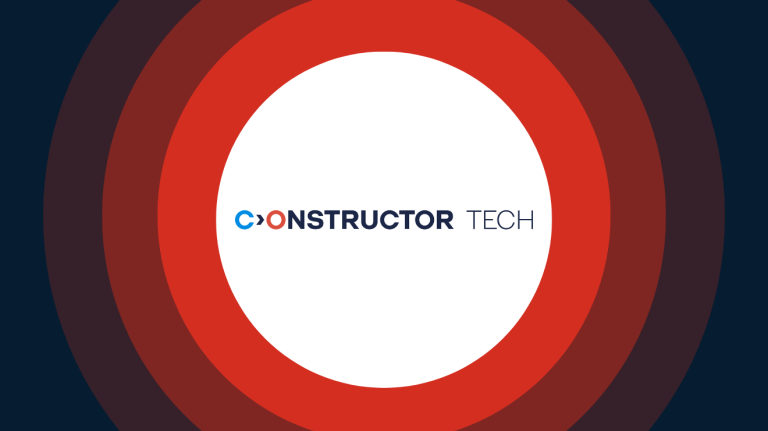In preparation for the new school year I attended the Back-to-School Virtual Leadership Series presented by the Center for Leadership and Learning at Instructure—a professional development experience aimed at preparing K12 leaders for the unknowns of the year to follow with instructional continuity strategies and hands-on contingency planning.
Prior to attending the series with Steve Hartnett, our Director of Digital Teaching and Learning, we took a moment to reflect on what we have learned throughout our transition to remote learning. In many ways, our district was able to quickly adapt due to our ongoing use of Canvas paired with our commitment to training and support.
Although the abrupt transition to remote learning was complex, it felt a lot like flipping a switch because of the familiarity our students and teachers had with Canvas already. Even before this, our teachers were building companion courses in Canvas. So while their physical classroom was the primary space for learning, they had an online companion course as a conduit. When we got the news about our school shutting down, it was as easy as switching places, making Canvas the primary space for learning.
Even with our successes throughout the sustained school closures, I knew early on that we had to stay agile in order to address the challenges ahead. In collaboration with Steve, we set the following goals for the fast-approaching new school year:
- Leverage the investments we have made into Canvas to meet the needs of students, parents, and teachers.
- Assess our pedagogy that worked well in the classroom and adapt it to support our new hybrid learning model.
- Identify ways to collaborate with other K12 leaders beyond our region without leaving our region due to limited travel capabilities.
Upon attending the Virtual Leadership Series, our perspective of professional development was enhanced and our goals reinforced. We were reminded that the presence and support of leaders is needed now more than ever as many teachers take on new challenges and facilitate learning in a different environment. To expand on what we have learned, we identified these key takeaways from our experience:
When In Doubt: Collaborate
Throughout the virtual sessions, we spoke with other district leaders that are in the process of switching to Canvas and were reminded of the investments we made early on to ensure teachers could use these tools to amplify their instructional practice. We were able to give our advice on implementation methods, and in the next moment, receive advice from longtime Canvas users that have built a scalable framework for continued usage and training. Leveraging the power of conversation even when we couldn’t meet in person was helpful because we had a chance to bounce our ideas off of the expert consultants and leaders who have already been where we are.
Address Problems With Processes
The materials we were given throughout the series were excellent because they allowed us to formalize processes districtwide to provide a sense of consistency in instruction. When you give your teachers a clear starting point for instruction with guardrails in place, they can then take what they have been given and expand upon those resources to meet the specific needs of their students.
The Professional Development Must Go On
As Steve has said many times throughout our transition, there were tools and features within Canvas that weren’t even on our radar before this change, and we have tried our very best to use this pivotal time as an opportunity for growth. The knowledgeable VLS presenters were able to model the makings of a great Canvas course, serving as a reminder to us that there is always more to be learned. As we move forward in our preparation for the school year, we are using Canvas to deliver personalized professional development at scale for all of our teachers. Although each teacher may be in a different place with their Canvas usage and knowledge, they should all have access to the same resources and materials needed for growth.
Overall, we both enjoyed the interactive nature of this series. Sometimes you get into a PD session and you find yourself with very few opportunities for discussion, and that was not the case here. The conversations we had were both enlightening and validating, knowing that we have come a long way in our Canvas journey, but still have so much to learn.
We look forward to yet another year of growth, and will be present, whether virtually or physically, to support our teachers, students, and parents every step of the way as we continue to leverage the leadership tools and strategies we gained from our VLS experience.
If you’re interested in learning more about the Center for Leadership and Learning, click here.
Related Content
 outcomes_first.jpg
outcomes_first.jpgBlogs
 panapto-blog-thumbnail.png
panapto-blog-thumbnail.pngBlogs
 constructor-tech-blog-thumbnail.png
constructor-tech-blog-thumbnail.pngBlogs
